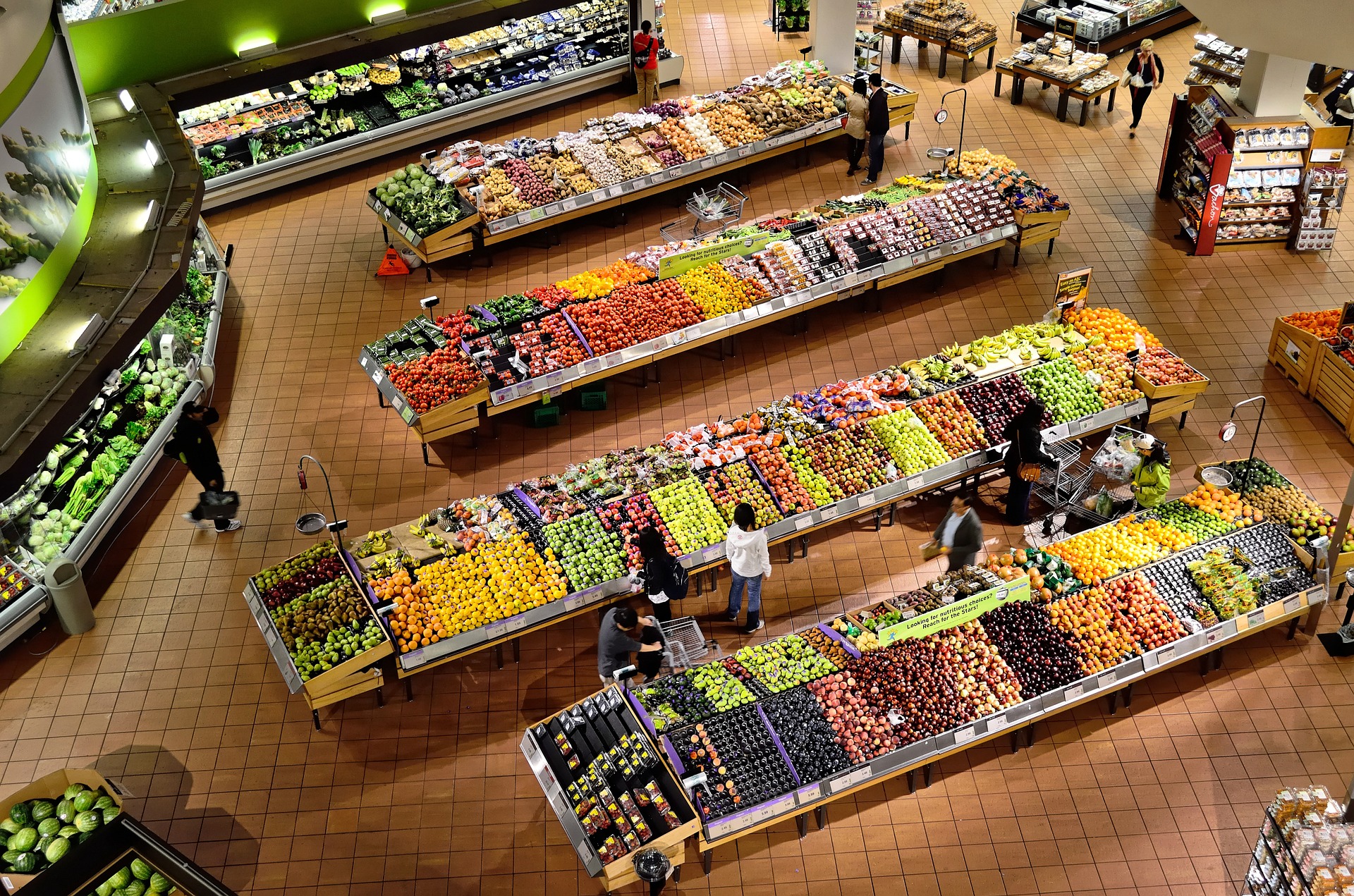
Oxfam has said that workers on farms and plantations supplying big UK supermarkets are being subjected to poverty and human rights abuses.
The charity Oxfam claimed that the "relentless" drive of UK supermarkets for profits is fueling poverty, abuse, and discrimination among farm and plantation workers. According to the charity, poor conditions were evident on farms that supply supermarkets including Tesco, Sainsbury's and Morrisons.
This was despite the British Retail Consortium's assurance that retailers were "spearheading actions" aimed at improving millions of lives. Oxfam's claims were based on research it conducted in India and Brazil, and worker surveys in five other countries.
According to workers on 50 tea plantations in Assam, cholera and typhoid are "prevalent because workers lack access to toilets and safe drinking water". Oxfam also found that half of the workers received ration cards from the government due to low wages, while female employees regularly worked for up to 13 "back-breaking" hours a day.
The charity pointed out that Tesco, Sainsbury's, Morrisons and Aldi all get their tea from those suppliers while Walmart would not confirm whether it also did.
Oxfarm discovered that for a 100-gram pack of black Assam tea in the UK that retails 79p, 49p goes to supermarkets and tea brands while only 3p will go to workers collectively. The charity argued that if the workers on the Assam plantations were paid 5p more of the retail price, they could earn a living wage.
Meanwhile in Brazil, Oxfam discovered that workers on fruit farms have developed skin conditions from using pesticides without adequate protection while women workers had to rely on government handouts outside of harvest season. These farms provide supplies to supermarkets including Lidl and Sainsbury's, and formerly Tesco and Morrisons
Rachel Wilshaw, Oxfam ethical trade manager, said: "Supermarkets must do more to end exploitation, pay all their workers a living wage, ensure women get a fair deal and be more transparent about where they source their products."






